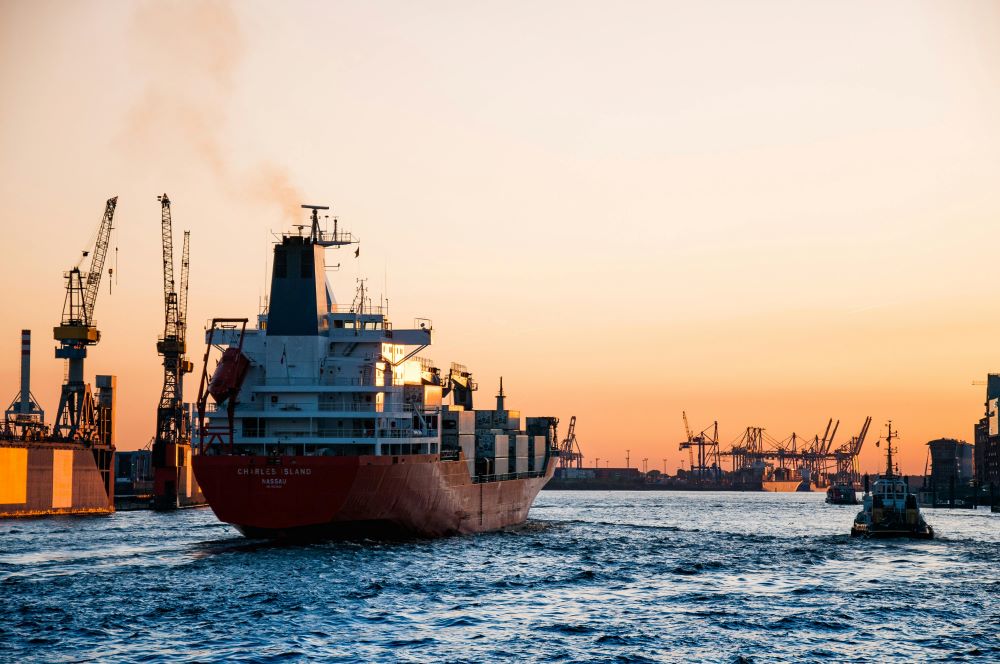PowerCell has joined forces with the H2Marine EU project, a significant initiative aimed at advancing the development of the most powerful marine fuel cells. This
Category: Transportation
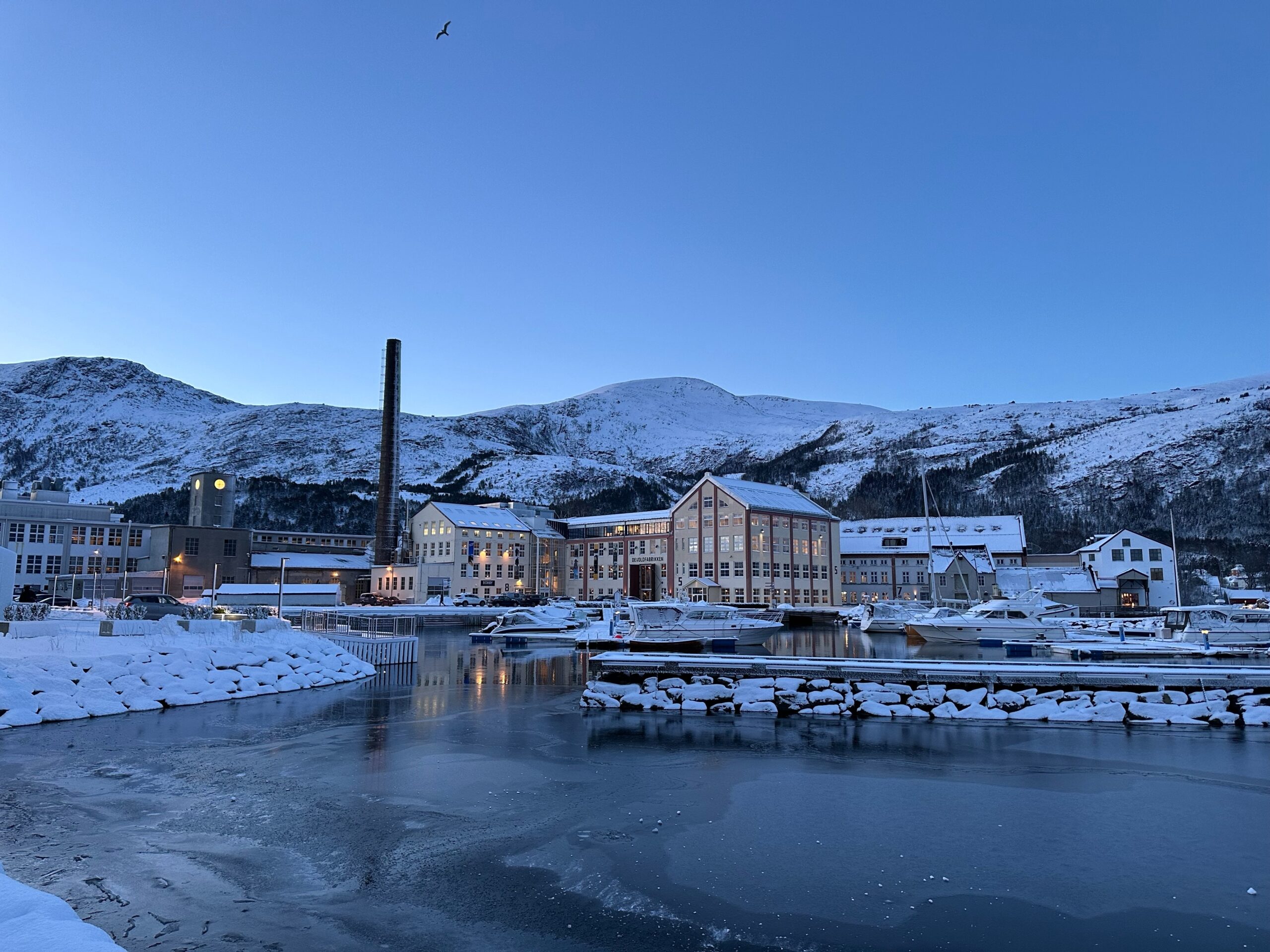
Hexagon Purus Maritime, a subsidiary fully owned by Hexagon Purus, is relocating to a new facility in Ålesund to accommodate the surging demand for its

In an era where environmental skepticism and debate often overshadow progress, Bertrand Piccard, a name synonymous with adventure and ecological innovation, is charting a course

SNCF Voyageurs, a division of the French state railway company, has announced two public tenders aimed at advancing and acquiring dual-mode trains powered by both
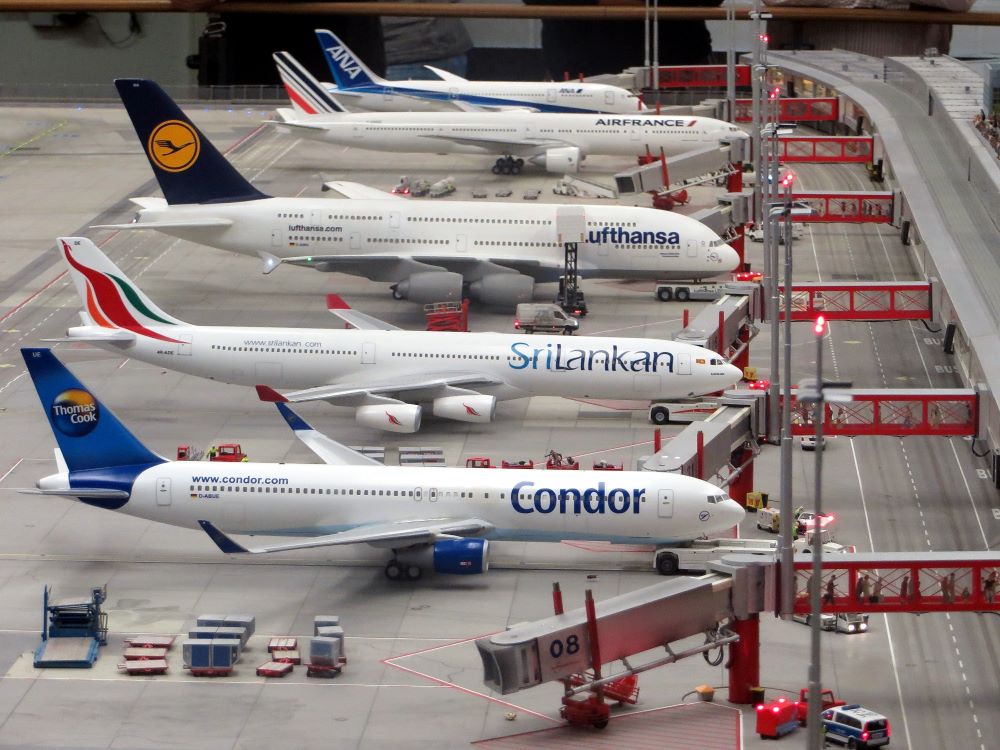
In a pioneering move towards sustainable aviation, Vattenfall has teamed up with Airbus, along with Avinor, SAS, and Swedavia, through a Memorandum of Understanding (MoU).
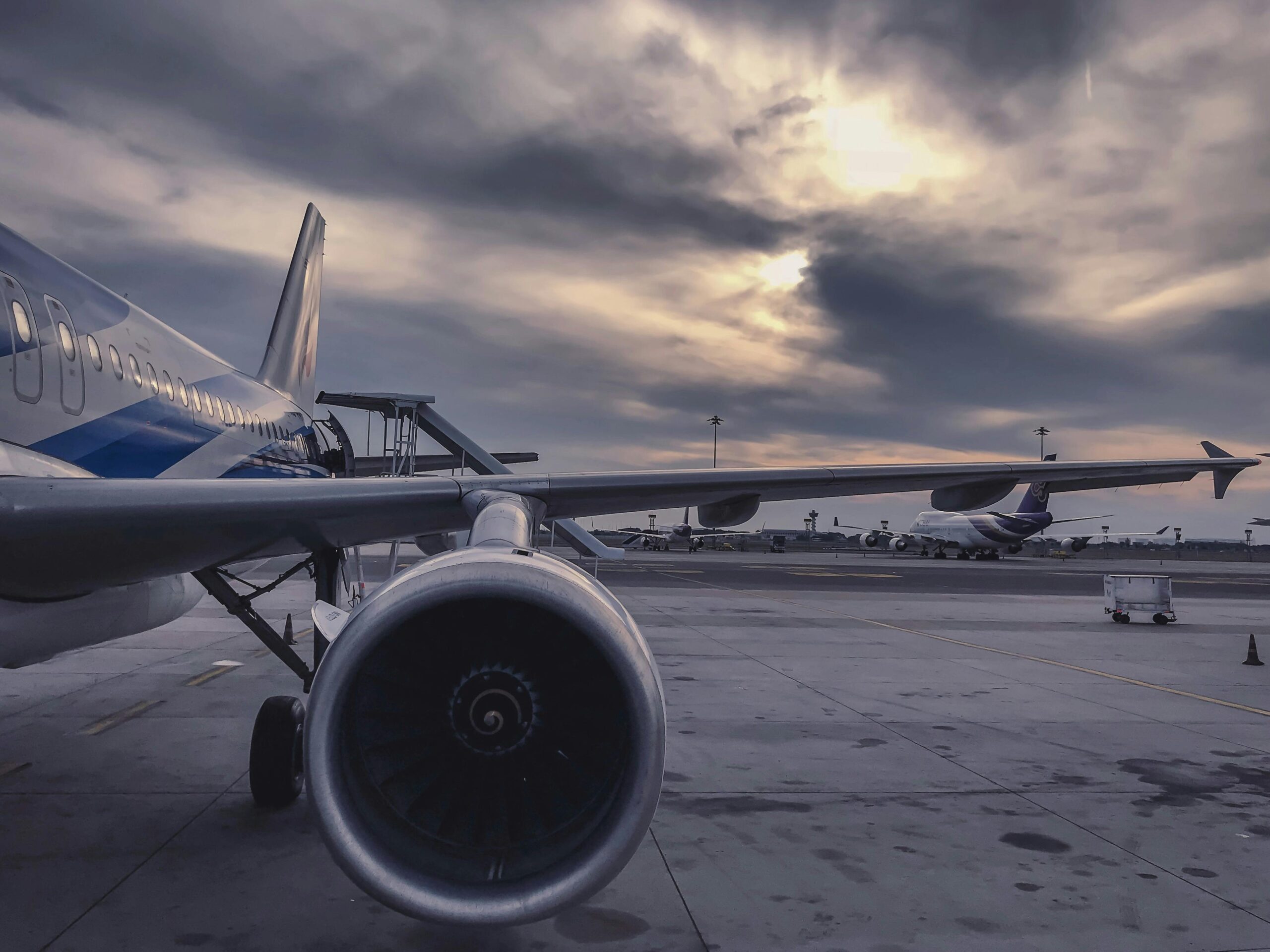
ZeroAvia, a pioneer in the field of zero-emission aviation, has joined forces with Verne to explore the potential of cryo-compressed hydrogen (CcH2) as a more
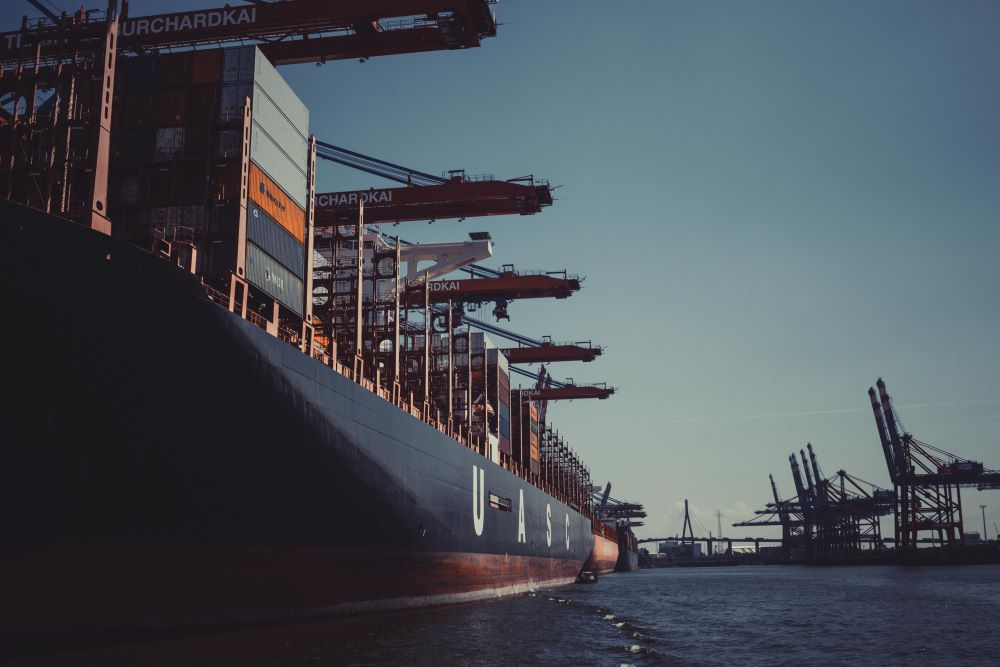
Shipping industry leaders have pledged to dramatically increase the use of zero-emissions fuel derived from renewable-based hydrogen to about 11 million tonnes by 2030. This
Provaris, an Australian Stock Exchange-listed pioneer in hydrogen technology, has recently signed a 12-month memorandum of understanding (MOU) with European energy giant Uniper. The purpose

Aviation, notorious for its substantial carbon emissions, faces a challenging path towards achieving carbon neutrality. Current zero-emission aviation technologies are still decades away from commercial
Shanghai, China – At the prestigious China Brand Day event held in Shanghai, the China Railway Rolling Stock Corporation made a groundbreaking announcement, revealing the

